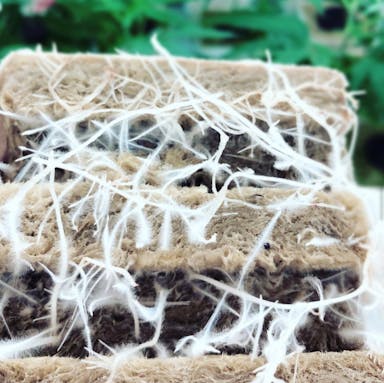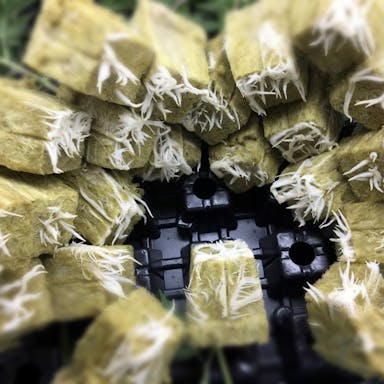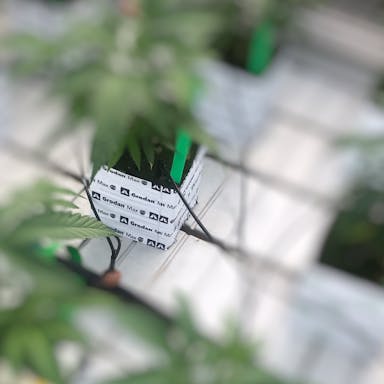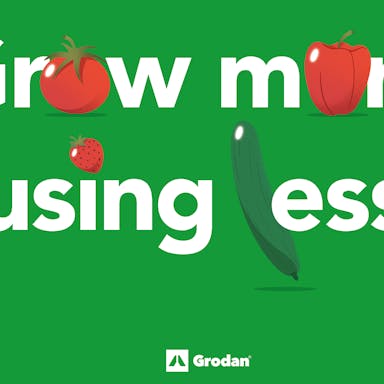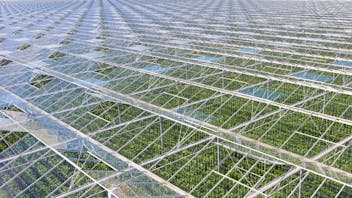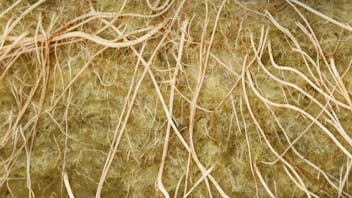Revolutionising cotton production
G-STAR's Homegrown Denim initiative aims to grow cotton in greenhouses, a method that could drastically reduce the environmental impact of cotton production. This pioneering experiment addresses key issues such as excessive water usage, reliance on specific climates, and the long supply chains that characterise traditional cotton farming.
Addressing the challenges
Cotton is notorious for its high water consumption and the vast agricultural space it requires. Typically, it can take 10.000 litres of water to produce just a single kilogram of cotton. Additionally, cotton farming is heavily dependent on specific warm climates, limiting where it can be grown. With the increasing demand for responsibly sourced cotton, there is an urgent need for more sustainable farming methods.
Grodan's integral role
Grodan, a leader in innovative substrate solutions, plays a crucial role in this initiative. By providing state-of-the-art knowledge and solution on root zone management, Grodan ensures that the greenhouse-grown cotton thrives in optimal conditions. Their expertise in precision growing techniques helps in maximising yield while minimising resource use. Grodan's involvement is pivotal in demonstrating how sustainable practices can be integrated into high-yield cotton production.
Remarkable findings
The results of this six month research project at the Wageningen University and Research facility in Bleiswijk, the Netherlands were promising, demonstrating that greenhouse-grown cotton offers numerous benefits:
- Increased yields: Greenhouses boost cotton yield potential, with plants growing up to meters tall and producing 5 to 23 times more cotton.
- Extended growing season: Controlled greenhouse conditions allow for a longer harvesting period.
- Weather protection: Cotton grown in greenhouses is cleaner, whiter, and free from weather-related damage.
- Pest and disease management: Enclosed environments reduce the need for synthetic pesticides, naturally deterring pests and diseases.
- Water efficiency: Greenhouse systems can save up to approximately 95% of water per kilo of cotton by using recycled rainwater for irrigation.
- Soil conservation: Substrate cultivation is soilless and therefore preserves soil health.
- Localised production: Greenhouses support local economies and sustainability by minimising transportation needs and enhancing community resilience.
- Prolonged plant lifespan: Greenhouse environments enable multi-seasonal plant cultivation, improving sustainability and productivity.

